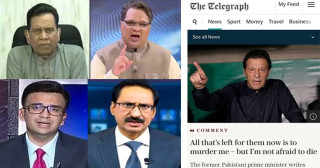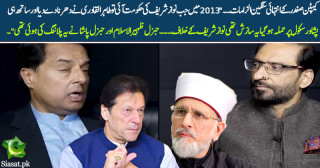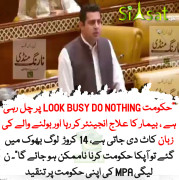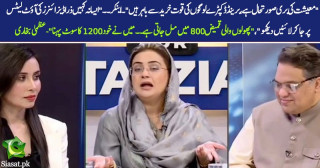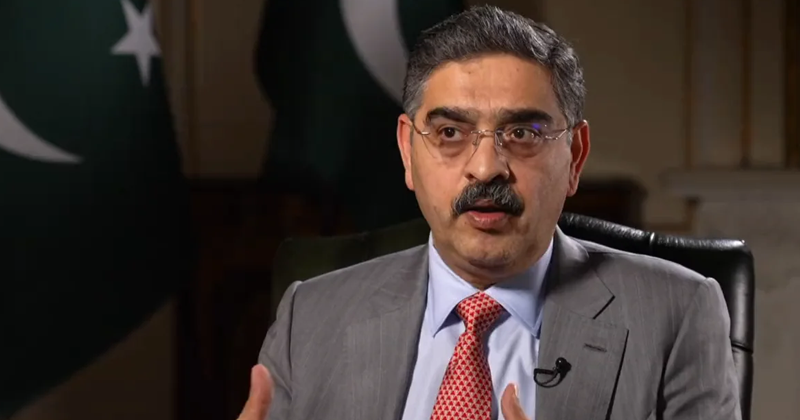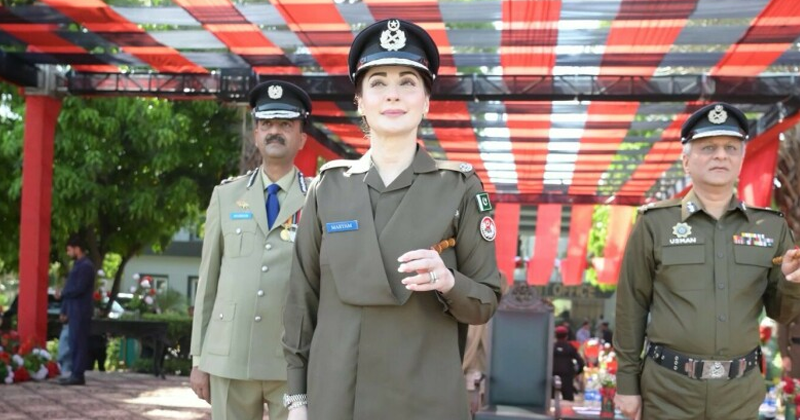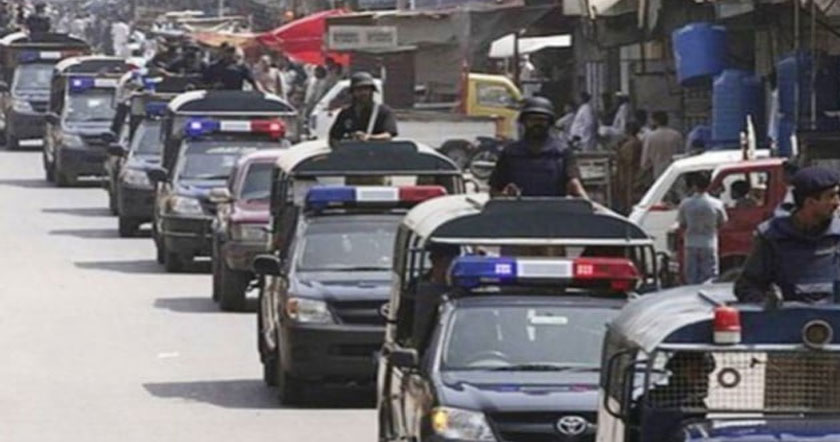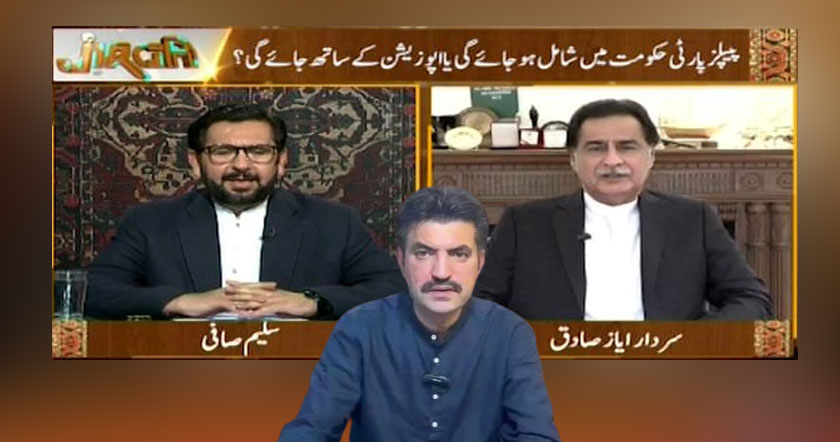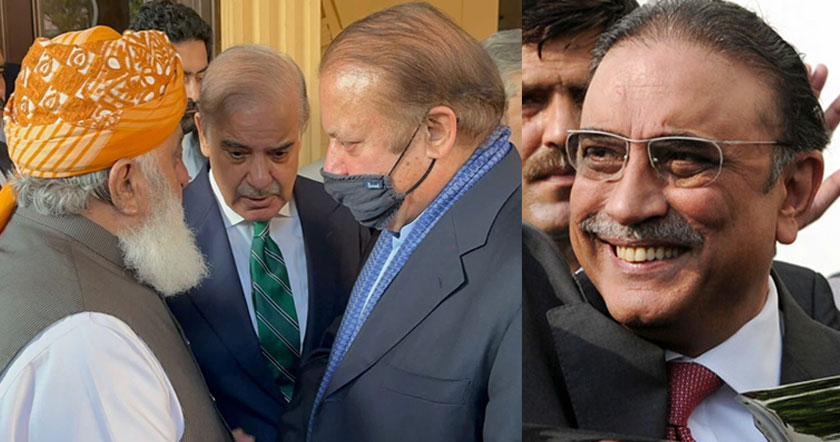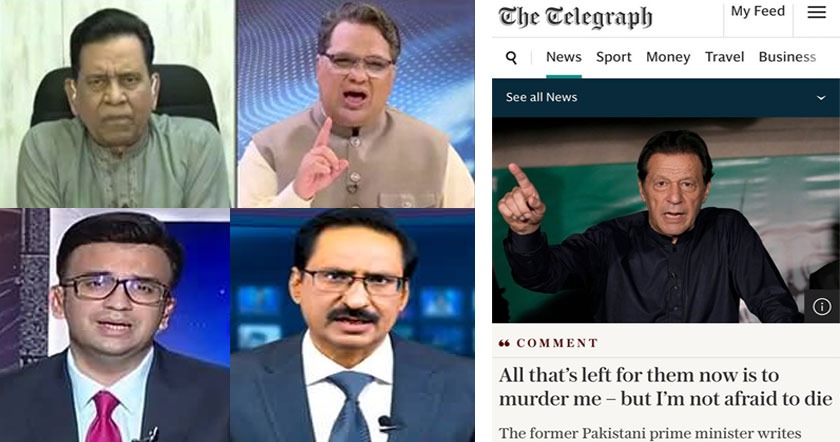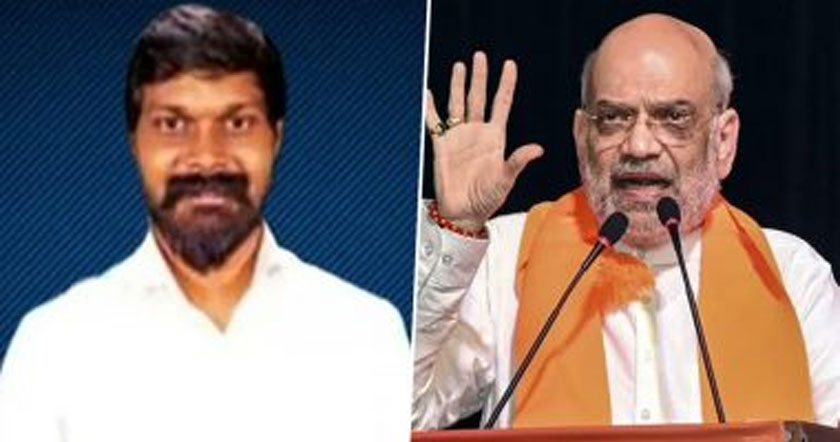ALARMING SITUATION:
Loans are Loans we need to returned all of them with the higher interest rate!
Actually, the answer is simple, China already provided $1 billion worth loans to Pakistan to settle budgetary deficit in 2019. And IMF, World Bank, and ADB are tired giving Pakistan loans. So Pakistan has no choice to see other sources with begging bowl. Bonds are kind of loans tied to Pakistani assets and Pakistan already mortgaged their Highways, Airports and Government buildings for the guarantee. Still, it is not clear what kind of asset now Pakistan is keeping as a mortgage this time against the five years maturity Sukuk bonds and ten years Eurobonds raised $1 billion and $1.5 billion at a 5.6% and 6.8% percent higher interest rates.
Chinese interest rates are much higher than Western Banks. Also Pakistan will take much higher loans from Western Banks and if possible from all Islamic countries to serve the Chinese loans.
CPEC loans are quite very high and 91% of the income goes to China, leaving only 9% income to Pakistan. You know Pakistan politicians themselves take a minimum of 10% and what is remaining for bureaucrats and local stake holders? what would remain for the public.
IMF stands ready to support Pakistan, says Christine Lagarde after meeting Imran Khan in Dubai
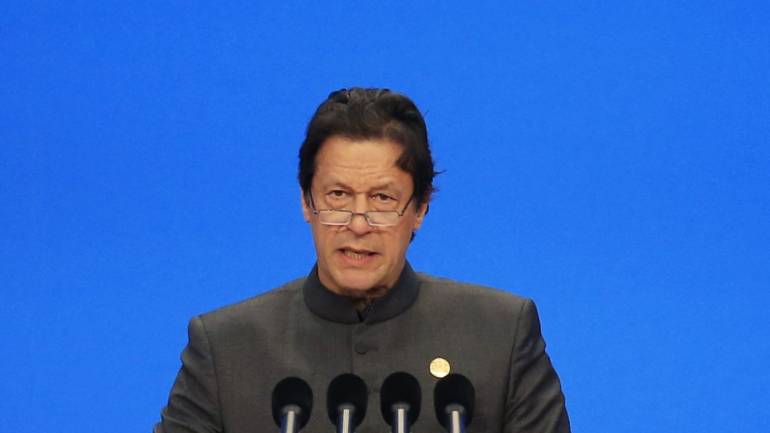
IMF chief Christine Lagarde said that the global lender stands ready to support Pakistan as she met the cash-strapped country's Prime Minister Imran Khan in Dubai.
Khan is paying a day-long trip to the UAE to take part in the 7th edition of the World Government Summit on the invitation of Vice President and Prime Minister of the UAE Sheikh Mohammad Bin Rashid Al-Maktoum.
Lagarde in a statement said that her meeting with the Pakistani leader about an International Monetary Fund (IMF)-supported programme was constructive.
"I reiterated that the IMF stands ready to support Pakistan. I also highlighted that decisive policies and a strong package of economic reforms would enable Pakistan to restore the resilience of its economy and lay the foundations for stronger and more inclusive growth," she said.
"As emphasized in the new government's policy agenda, protecting the poor and strengthening governance are key priorities to improve people's living standards in a sustainable manner," Lagarde further said.
Khan also tweeted about his meeting with Lagarde.
"There was a convergence of our views on the need to carry out deep structural reforms to put the country on the path of sustainable development in which the most vulnerable segments of society are protected," he said.
Earlier, Dawn newspaper quoted a senior official involved in the negotiations as saying that Pakistan and the International Monetary Fund (IMF) have narrowed their positions on the scale of adjustments over the past few weeks of continuous engagements.
The IMF is asking for an adjustment of around Rs 1,600-2,000 billion over three to four years. It also wants some corrective measures to put Pakistan's economy on the right track after witnessing the highest-ever current account deficit.
But the stumbling issue in the talks is the pace of adjustments in the current expenditure. The emphasis on current expenditures comes as a result of a focus on what is known as a "primary balance" in the parlance of public finance.
According to the official, there is some space for cut in certain expenditures where Pakistan is in a comfortable position.
"This agreement in cut will pave way for accession to the programme," the official claimed, adding that it will be a politically difficult decision.
A cut in the current expenditures still seems to put the government in awkward position by making adjustments in subsidies and other special grants.
The IMF has been demanding that the burden of any expenditure cuts should fall on current expenditures that include debt service, defence and subsidies.
Finance Division's Spokesperson Khaqan Najeeb said that productive dialogue continued with the IMF on all areas including fiscal, energy, structural reforms and monetary policy.
The two sides continue to exchange views on data and a reform framework to move forward. Discussions are part of a regular ongoing interaction between the government and the IMF and will continue in coming weeks, Najeeb said.
"In addition, technical level subject-specific discussions also support the process of overall dialogue," he said.
The IMF has also asked for further monetary tightening as well as a complete free float of the exchange rate.
"We are already towards target in these areas," the official said, adding that the IMF has acknowledged these measures.
According to the official, Finance Minister Asad Umar has already conveyed to the IMF during the recent parleys that only those measures will be taken which are favourable for the country's economic growth.
Although the government has secured a breathing space from Saudi Arabian and the UAE loans, an IMF programme is essential to unlock access to resources from other multilateral lenders like the World Bank and the Asian Development Bank, as well as the global capital markets.
Cash-strapped Pakistan has received USD 1 billion each from Saudi Arabia and the UAE, as part of the bailout package by the two Gulf nations to help shore up Islamabad's dwindling foreign currency reserves.
Saudi Arabia's assistance was part of the USD 6 billion bailout package - USD 3 billion balance-of-payments support and another USD 3 billion in deferred payments on oil imports - which Riyadh had agreed in October last year.
Pakistan, which is in talks with the IMF for a bailout package, has also reportedly received financial assistance from China.
Earlier, officials said that Pakistan would seek around USD 8 billion from the IMF which would be the biggest package by the Fund for Islamabad.
Source
Loans are Loans we need to returned all of them with the higher interest rate!
Actually, the answer is simple, China already provided $1 billion worth loans to Pakistan to settle budgetary deficit in 2019. And IMF, World Bank, and ADB are tired giving Pakistan loans. So Pakistan has no choice to see other sources with begging bowl. Bonds are kind of loans tied to Pakistani assets and Pakistan already mortgaged their Highways, Airports and Government buildings for the guarantee. Still, it is not clear what kind of asset now Pakistan is keeping as a mortgage this time against the five years maturity Sukuk bonds and ten years Eurobonds raised $1 billion and $1.5 billion at a 5.6% and 6.8% percent higher interest rates.
Chinese interest rates are much higher than Western Banks. Also Pakistan will take much higher loans from Western Banks and if possible from all Islamic countries to serve the Chinese loans.
CPEC loans are quite very high and 91% of the income goes to China, leaving only 9% income to Pakistan. You know Pakistan politicians themselves take a minimum of 10% and what is remaining for bureaucrats and local stake holders? what would remain for the public.
IMF stands ready to support Pakistan, says Christine Lagarde after meeting Imran Khan in Dubai

IMF chief Christine Lagarde said that the global lender stands ready to support Pakistan as she met the cash-strapped country's Prime Minister Imran Khan in Dubai.
Khan is paying a day-long trip to the UAE to take part in the 7th edition of the World Government Summit on the invitation of Vice President and Prime Minister of the UAE Sheikh Mohammad Bin Rashid Al-Maktoum.
Lagarde in a statement said that her meeting with the Pakistani leader about an International Monetary Fund (IMF)-supported programme was constructive.
"I reiterated that the IMF stands ready to support Pakistan. I also highlighted that decisive policies and a strong package of economic reforms would enable Pakistan to restore the resilience of its economy and lay the foundations for stronger and more inclusive growth," she said.
"As emphasized in the new government's policy agenda, protecting the poor and strengthening governance are key priorities to improve people's living standards in a sustainable manner," Lagarde further said.
Khan also tweeted about his meeting with Lagarde.
"There was a convergence of our views on the need to carry out deep structural reforms to put the country on the path of sustainable development in which the most vulnerable segments of society are protected," he said.
Earlier, Dawn newspaper quoted a senior official involved in the negotiations as saying that Pakistan and the International Monetary Fund (IMF) have narrowed their positions on the scale of adjustments over the past few weeks of continuous engagements.
The IMF is asking for an adjustment of around Rs 1,600-2,000 billion over three to four years. It also wants some corrective measures to put Pakistan's economy on the right track after witnessing the highest-ever current account deficit.
But the stumbling issue in the talks is the pace of adjustments in the current expenditure. The emphasis on current expenditures comes as a result of a focus on what is known as a "primary balance" in the parlance of public finance.
According to the official, there is some space for cut in certain expenditures where Pakistan is in a comfortable position.
"This agreement in cut will pave way for accession to the programme," the official claimed, adding that it will be a politically difficult decision.
A cut in the current expenditures still seems to put the government in awkward position by making adjustments in subsidies and other special grants.
The IMF has been demanding that the burden of any expenditure cuts should fall on current expenditures that include debt service, defence and subsidies.
Finance Division's Spokesperson Khaqan Najeeb said that productive dialogue continued with the IMF on all areas including fiscal, energy, structural reforms and monetary policy.
The two sides continue to exchange views on data and a reform framework to move forward. Discussions are part of a regular ongoing interaction between the government and the IMF and will continue in coming weeks, Najeeb said.
"In addition, technical level subject-specific discussions also support the process of overall dialogue," he said.
The IMF has also asked for further monetary tightening as well as a complete free float of the exchange rate.
"We are already towards target in these areas," the official said, adding that the IMF has acknowledged these measures.
According to the official, Finance Minister Asad Umar has already conveyed to the IMF during the recent parleys that only those measures will be taken which are favourable for the country's economic growth.
Although the government has secured a breathing space from Saudi Arabian and the UAE loans, an IMF programme is essential to unlock access to resources from other multilateral lenders like the World Bank and the Asian Development Bank, as well as the global capital markets.
Cash-strapped Pakistan has received USD 1 billion each from Saudi Arabia and the UAE, as part of the bailout package by the two Gulf nations to help shore up Islamabad's dwindling foreign currency reserves.
Saudi Arabia's assistance was part of the USD 6 billion bailout package - USD 3 billion balance-of-payments support and another USD 3 billion in deferred payments on oil imports - which Riyadh had agreed in October last year.
Pakistan, which is in talks with the IMF for a bailout package, has also reportedly received financial assistance from China.
Earlier, officials said that Pakistan would seek around USD 8 billion from the IMF which would be the biggest package by the Fund for Islamabad.
Source


